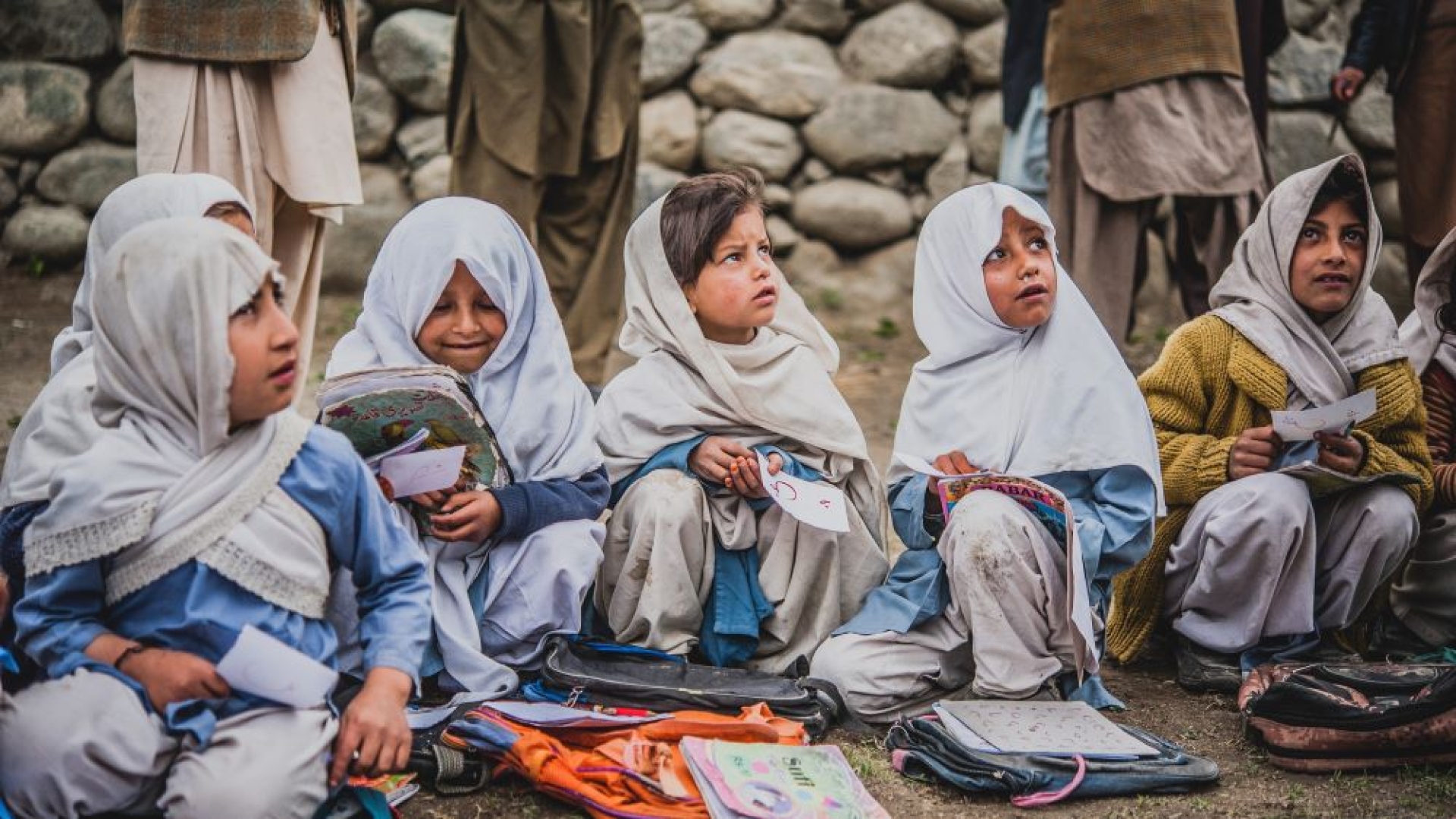Pakistan: Government Allows Christian Religious Education

The Pakistani government is allowing Christian students to study their religion and not Islam. This decision is a small victory for religious liberty in Pakistan, where Christians are regularly subjected to blasphemy laws, mob violence, and forced marriages and conversions.
Pakistan’s Ministry of Federal Education and Professional Training announced the introduction of a new program for the 2024-2025 academic year, which will make Islamic studies nonobligatory for Christian students. Students in grades one through twelve will soon be able to study their family’s religion.
The Christian students’ curriculum will include study of the Bible, the life and teachings of Jesus Christ, the principal Christian beliefs, Church history, and the study of inspiring Christian figures.
Students will also study the influence of Christianity in Pakistan--particularly the ministry of St. Thomas the Apostle and his ministry in South Asia.
The program will also include lessons on Christian values such as martyrdom. The students will discover heroes of the Faith, such as Shahbaz Bhatti, a Catholic and the Pakistan Minister of Minorities, who was assassinated in 2011 after speaking out about the persecution of Christians in Pakistan.
Anjum James Paul, President of the Pakistan Minorities Teachers’ Association, stated: “This is a great victory for Pakistan’s religious minorities as we have been fighting for equitable education for the last two decades. After appealing to various governments, institutions, and the superior courts, the Pakistan government has finally recognized this right of minority students and exempted them from studying Islam as a compulsion.”
Since Pakistan is a country with a very strong Muslim majority (96%), it will take time for teachers to be properly trained in the new curriculum and for a Christian studies textbook to be approved.
Another difficulty resides in the fact that it seems there will be only one textbook for the “Christians”: it will therefore probably be “ecumencial.” Christianity represents less than 2% of the Pakistani population, a third of which are Catholic: is a specific textbook anticipated for the children of the Church? It does not seem so at the moment.
Related Article:
(Sources : International Christian Concern/InfoCatolica – FSSPX.Actualités)
Illustration : Photo 58024285 © Ronnachai Limpakdeesavasd | Dreamstime.com





